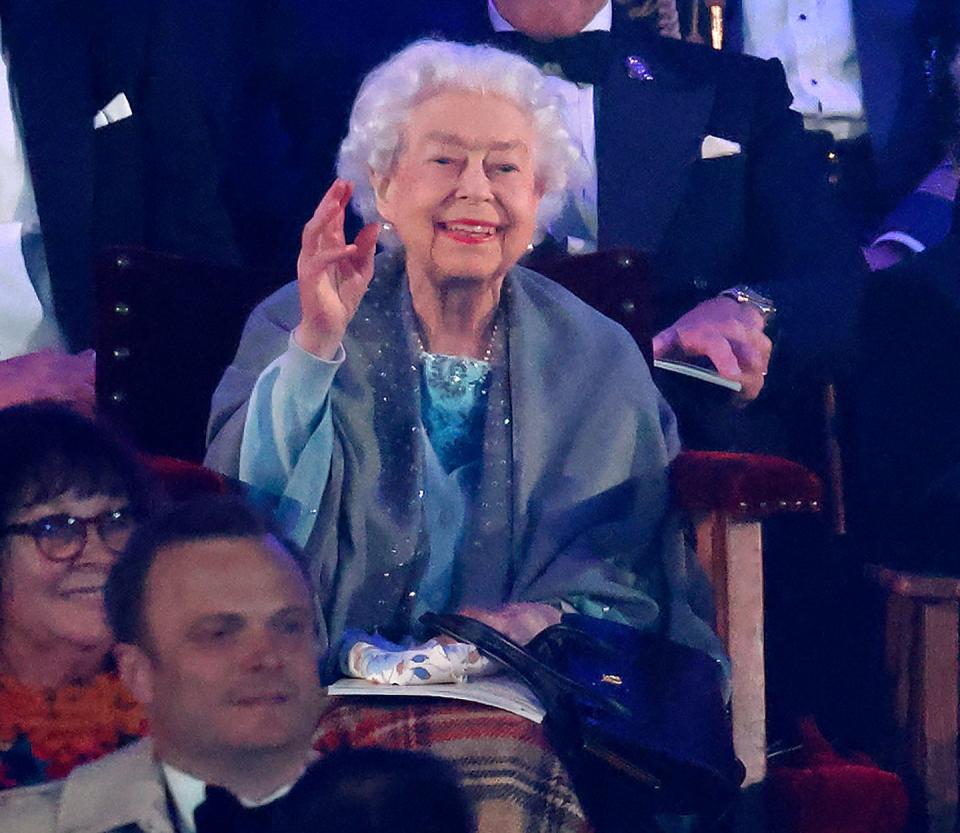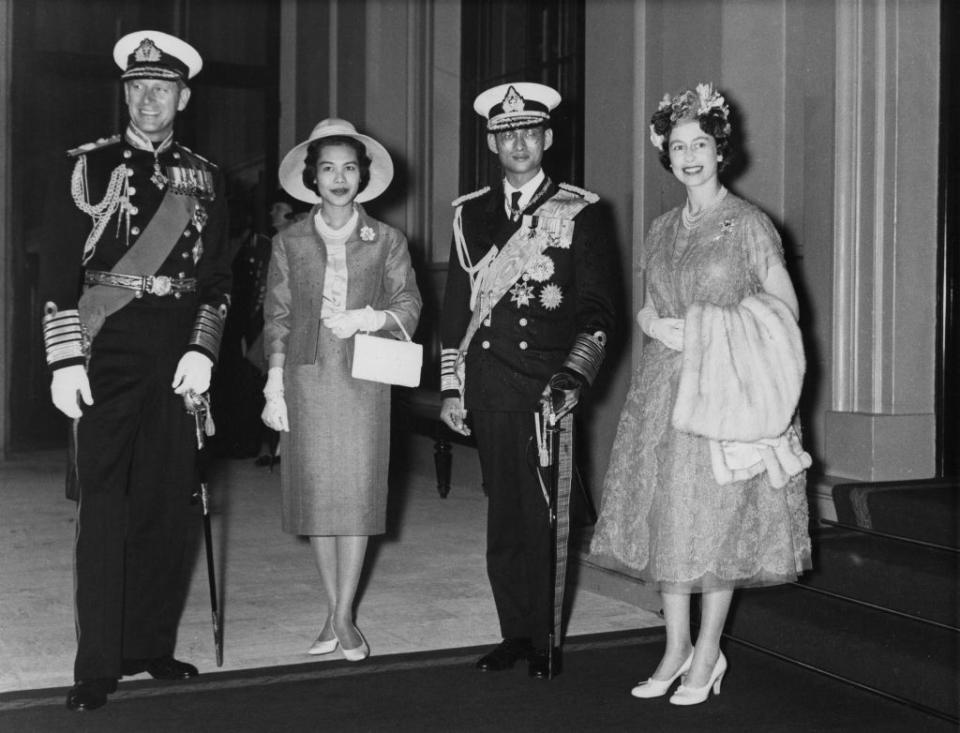Why is Queen Elizabeth's Platinum Jubilee so Significant?
The preparations for Queen Elizabeth’s Platinum Jubilee celebrations this summer are now well and truly in full swing. Plans for the official events from June 2 to 6 have been unveiled and unofficial ways of marking the moment are now popping up all over the place; from a Queen barbie doll to mugs, tea towels, t-shirts and even cocktails inspired by the milestone. It’s increasingly impossible to miss the hype, but many may quietly be wondering exactly what a jubilee is or just why this one is so significant. We’ve got you covered with our guide to this once in a lifetime moment.
Why is Queen Elizabeth’s Platinum Jubilee so significant?
When the Queen reached 70 years on the throne on February 6, 2022, she became the first British monarch ever to make it to a Platinum Jubilee. She had already broken the record of the longest-reigning British monarch back in September 2015 when she overtook Queen Victoria who reigned for 63 years 216 days.
What makes the moment particularly noteworthy is that, in addition to being the first to reach 70 years, the Queen will almost certainly be the last and therefore only British monarch ever to mark a Platinum Jubilee. A reign of such length requires not only living a long life but also coming the throne young; she became Queen aged just 25 when her father died at age 56. With future monarchs looking set to consistently take over when they are older, it’s almost impossible to see how any king or queen can manage 70 years in the future.

What exactly is a jubilee and who else has marked one?
The term jubilee applies to a milestone moment, celebration or anniversary and a royal jubilee is simply a significant milestone in the reign of the sovereign. Several British monarchs have marked Silver Jubilees by reaching 25 years on the throne, including the Queen’s grandfather King George V who reigned for 25 years and 259 days. The Queen is one of only six British monarchs to reach a Golden Jubilee of 50 years on the throne. When she passed the milestone in 2002 at age 76, Buckingham Palace highlighted that she was the oldest sovereign to do so and that the youngest was James VI of Scotland who was 51 years old when he marked 50 years on the throne as he was just one when he became king. The other four to reach Golden Juilees were Queen Victoria, King George IIIm who reigned for more than 59 years, Henry III of England who reached 56 years, and Edward III of England who made it to 50 years.

Is the Queen the longest reigning monarch in the world?
The Queen is the longest reigning monarch alive in the world today, a title she took over when King Bhumibol Adulyadej of Thailand died in 2016, by which point he had reigned for more than 70 years. However, she is not yet the longest-reigning monarch in the world ever. Who holds that title depends on how the milestone is calculated. King Louis XIV of France, known as the Sun King, is often cited as the longest-reigning monarch in the world, having come to the throne at age four and reigning for more than 72 years between 1643 and 1715. However, there are several monarchs who have been on the throne for longer in countries that were not always recognized internationally as fully sovereign states. For example, King Sobhuza II of Swaziland (now Eswatini) reigned for more than 82 years from 1899 to 1982. His country was a British Protectorate until it gained independence in 1968.

What about future milestones?
If the Queen were to reign for 80 years, a milestone she would reach at age 105, then she would have reached her Oak Jubilee. Before that, there would be her 100th birthday which would come in 2026 and make the Queen the second member of the royal family to reach the milestone, after her mother turned 100 in 2000. Next year, however, there will be another 70 year milestone to mark with the anniversary of the Queen's coronation, which was held on 2 June 1953, almost 18 months after she came to the throne.
You Might Also Like

